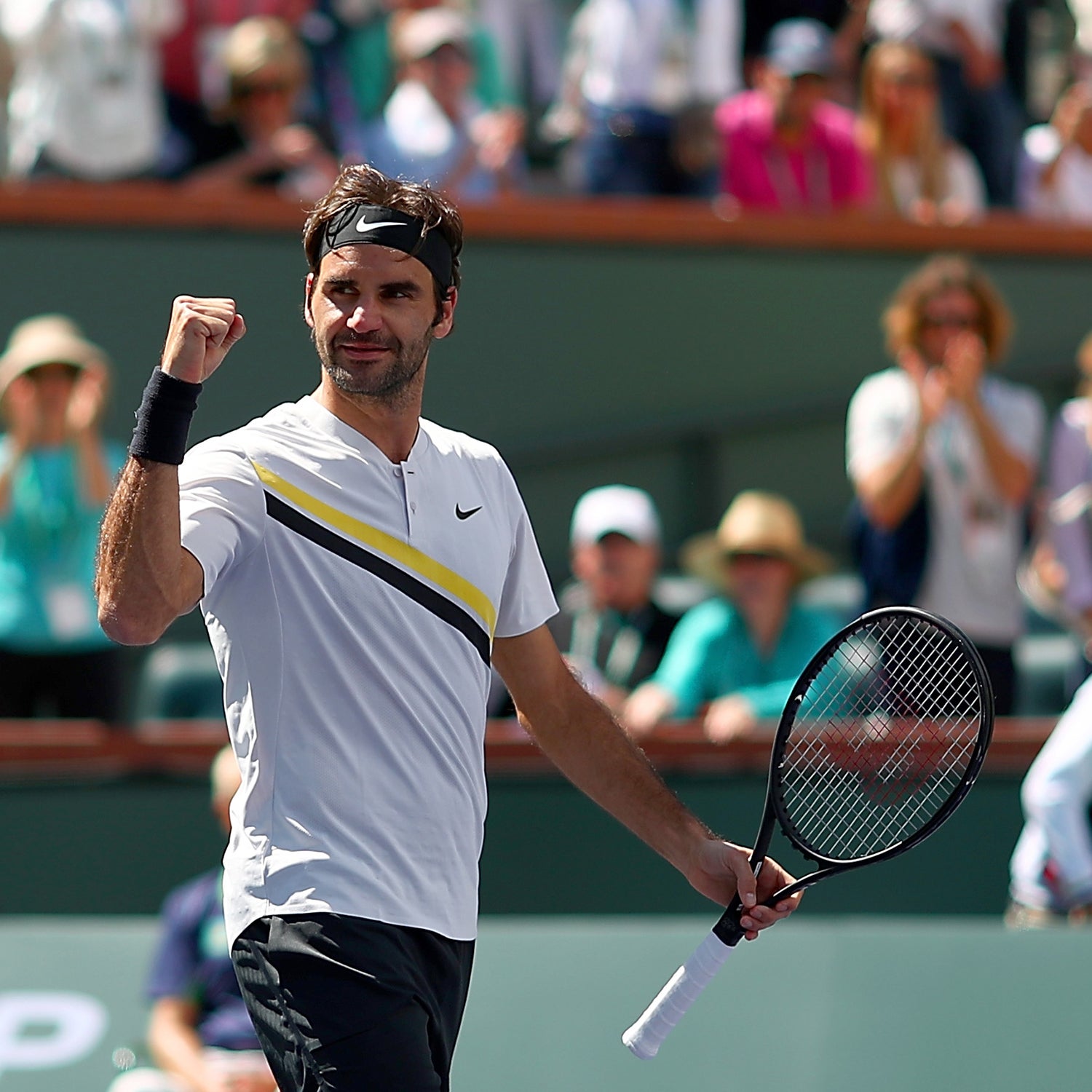Let’s start with a few numbers: 36, 34, 38, 36, 35, 35.
These are the respective ages at which Shalane Flanagan, Des Linden, Meb Keflezighi, Roger Federer, Serena Williams, and Anthony Ervin recently dominated major international championships. Whether those ages seem young or old to you may depend on where you’re at in your own life’s journey. In sports, however, where shows that athletes tend to peak in their mid-twenties, these champions are kind of like dinosaur unicorns: They ought to be extinct, but here they are—winning.
And although these athletes are notable examples, they aren’t alone. “When you look at things like average age or number of players over 30 or 35, there’s been a pretty clear upward trend across most major sports over the past 30 years or so,” says journalist Jeff Bercovici, author of the new book .
There’s no doubt that winning world championships at any age requires a certain kind of genetics. But it’s also true that all of us can take advantage of the strategies the elites are using to extend their careers in order to extend ours. I recently caught up with Bercovici for an in-depth discussion on how to do just that.
Forget Fitness—Think Freshness Instead
“For decades, the prevailing ethos has been bigger, stronger, faster. But all that extra conditioning work comes at a cost. If you’re fit but not fresh—which is to say, adequately rested and recovered—you’re not only not going to perform to your full capacity, you’re also at greater risk for injuries, which, more than anything else, are what limit the length of athletic careers.
“These days, it’s more common to hear star athletes bragging about how much sleep they get than how much they can squat. Federer started skipping the clay season and went back to winning majors; Des Linden took five months off last year and won the Boston Marathon. Really, there’s no such thing as fitness without freshness. When athletes understand that, time slows down.”
But Don’t Recover Too Much
“Athletes have a powerful urge to channel their discipline into ‘doing stuff.’ Now that most of us know it’s not a good idea to work out until exhaustion every day, recovery is filling up a lot of those free hours. It’s mostly harmless, but there is such a thing as too much. You don’t want to do cryotherapy after every workout for the same reason you don’t want to pop Advil every day: Anything you do to tamp down inflammation can also suppress adaptation to training.
“So what should you prioritize? Sleep as much as you can and have a regular bedtime. (And don’t buy the myth that you need less sleep as you get older—if anything, you need more.) Eat after workouts to replenish glycogen stores and build muscle tissue. And move lightly versus sitting around and tightening up.”
Up the Protein
“There are a lot of star older athletes eating weird diets they credit for keeping their bodies young (), but when you look closer, the odd aspects of those diets seldom have anything to do with what makes them beneficial for performance. A healthy diet is the same for any age: mostly vegetables and whole grains and not too much sugar or red meat. The only major change to that formula for older athletes is they should probably increase their protein intake after they turn 40 or so to combat the effects of something called , which makes it harder to build and maintain muscle.”
Don’t Let Tech Become a Distraction
“Technology can help with tracking and measuring activity, and even some newer devices claim to assist in managing fatigue. But you’ve got to be mindful in your use of these things. Whether you’re an elite competitor or a working parent who’s trying to stay in shape, time is probably your most valuable commodity, and you want to spend it on the three things that matter most: training, fueling, and sleeping. Anything else you throw into that mix should have a pretty high ROI. I love scrolling through my segment data on Strava after a ride, but after about 30 seconds, it’s probably not time well spent.”
Remember, Your Mind Will Get Fitter
“In so many sports, success isn’t just a matter of being the fastest or strongest. James Galanis, who coached Carli Lloyd, arguably the best female soccer player on the planet, told me he had to teach her to play slower. Rafael Nadal’s coach said something similar. When there’s a lot going on, quick minds and sound strategy beat quick feet.
“There’s also some research suggesting older athletes experience fewer unwanted emotions during competition—or, in psychology-speak, they gain more emotional control as their careers unfold. Another trick, and one that anyone can borrow from successful older athletes: Focus on the stuff that’s hardest. For example, shows that elite masters runners are able to maintain the same level of expertise with less practice as they age because they focus their training on stuff they need to work on, whereas younger athletes tend to spend more time on what they’re already good at and consequently enjoy more.”
Brad Stulberg () writes �����ԹϺ���’s Do It Better column and is the author of the book .


